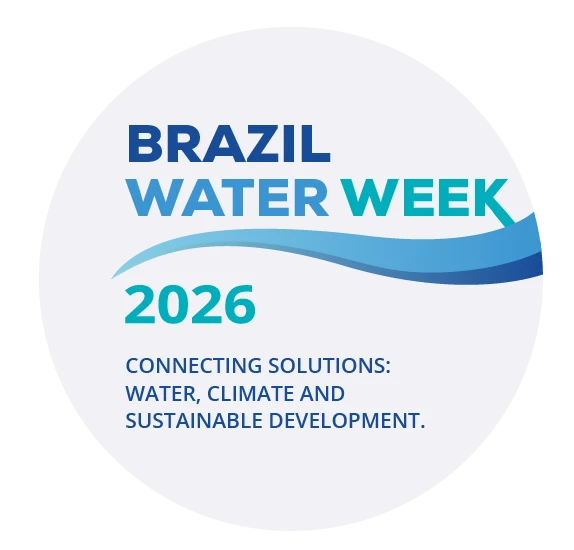About the theme
As potable water is essential for life, health, and human dignity, universal access to water constitutes one of the fundamental pillars for the sustainable development of societies and social well-being.
Given that universal access to potable water is closely linked to the Brazilian Regulatory Framework for Basic Sanitation, this framework plays a fundamental role in establishing guidelines for improving water and sanitation services throughout the country, including rural areas and low-income communities in urban areas. However, it is important to recognize that achieving universal access to water in rural areas requires a joint and coordinated effort by various actors, including governments, the private sector, civil society organizations and local communities, but especially Regulatory Agencies.
It will be in this context of balance between the objectives of the Regulatory Framework, namely the need to promote an adequate regulatory environment to encourage investments in the water supply sector, and the human challenges of universal access to water, especially in rural areas and low-income communities in urban areas, that the analysis of the role of regulatory agencies in rural and informal settings as drivers for achieving full universal access to potable water, leaving no one behind, will be promoted.
Similarly, it is important to analyze nationally and internationally the challenges facing regulation, whether discretionary or contractual, of the water supply and sanitation sector and how they can affect the effectiveness of regulation, equity in access to services and the achievement of public policy objectives, but also as an essential function of defining asset compensation and reversal conditions as a guarantee of adequate balance between the interests of private investors and the public sector.
Coordinators

Luiz Antonio de Oliveira Junior
Superintendent of Economic-Financial and Accounting Inspection at Arsesp

Marisa Guimarães
ABES Regulation and Tariffs Thematic Chamber coordinator
